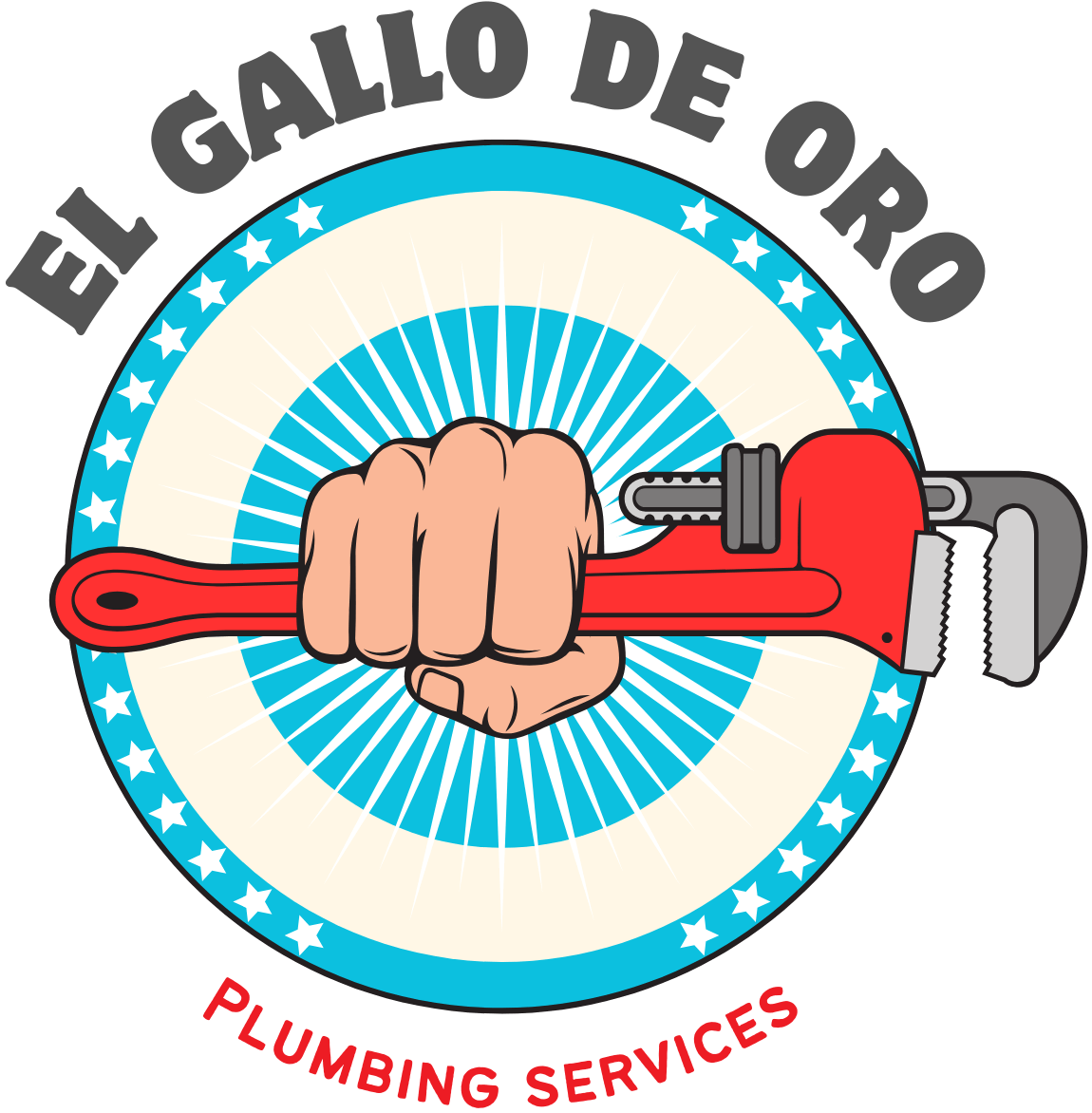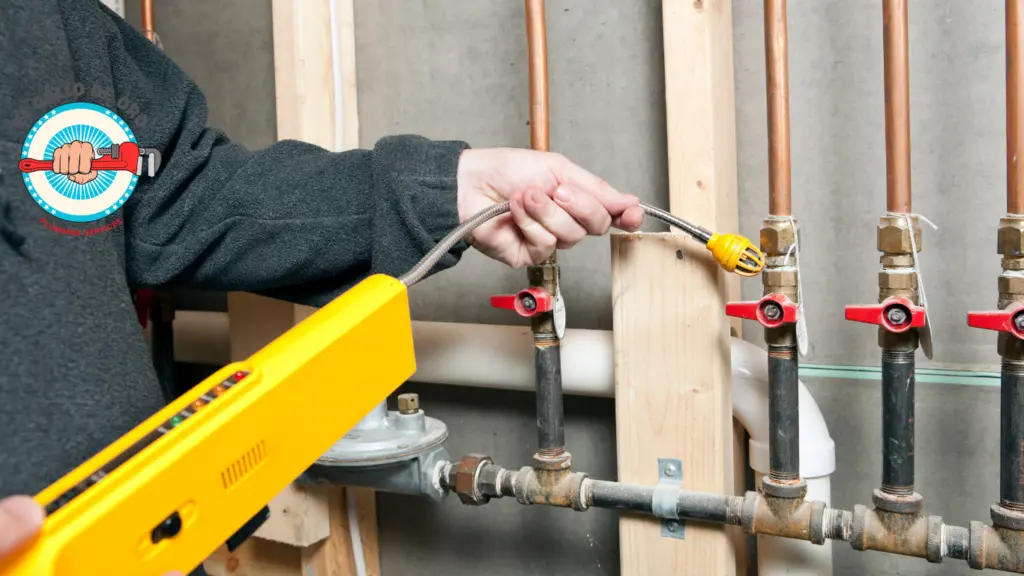Gas lines are an essential yet often overlooked part of a home’s infrastructure. While they operate quietly behind the scenes, supplying fuel to your stove, heater, and other appliances, any failure in the system can lead to serious consequences. Early detection of gas leaks is not just a matter of convenience—it’s a critical step in preventing health hazards, structural damage, and even life-threatening emergencies. Understanding the signs, causes, and urgency of gas line repair can help homeowners stay prepared and safe.
Gas Line Repair Near Me: Why Timely Detection Saves Lives
Every homeowner hopes never to deal with a gas leak, yet they remain one of the most serious threats in any property. Often hidden beneath floors or behind walls, gas lines quietly power appliances and heating systems. When compromised, even a small leak can trigger dangerous consequences, including explosions, carbon monoxide poisoning, or structural damage. That’s why searches like “gas line repair near me” often spike during emergencies—yet the key to safety lies in identifying warning signs before things escalate.
Warning Signs You Should Never Ignore
Gas leaks don’t always make themselves obvious. The most common giveaway is the strong odor of sulfur, resembling rotten eggs, which is added to natural gas to alert people of a leak. Sometimes, though, it’s not the smell but rather physical symptoms—persistent headaches, fatigue, or dizziness indoors—that signal something’s wrong. Hissing sounds near pipes, unusual appliance behavior, or dead patches of vegetation in your yard can all point to gas escaping into the environment. When these signs appear, prompt action is essential to minimize health and safety risks.
Why Routine Gas Line Checks Are a Smart Investment
Preventive maintenance plays a powerful role in avoiding emergencies. Gas pipes age, corrode, or become damaged from external forces like shifting soil, root intrusion, or seismic activity. Professional inspections help detect vulnerabilities before they become severe. Even newly installed systems can benefit from checkups, especially after construction or weather-related events. Investing in routine assessments is often less costly than emergency gas line repair and dramatically reduces the potential for serious accidents.
Behind the Scenes of a Safe Gas Line Repair
Once a leak is suspected or confirmed, a safe and thorough repair process begins. The gas supply is shut off to stop any active leakage. Specialists then use advanced diagnostic tools to locate the exact problem. Depending on the issue’s size and location, technicians may seal small leaks or replace entire line segments. Safety checks are critical before gas service resumes to confirm the system is stable and leak-free. This structured process reflects how vital expert handling is when working with hazardous fuel sources.
Gas leaks are often underestimated until they evolve into urgent threats. But with awareness and timely attention, most incidents can be avoided altogether. The combination of early detection and immediate gas line repair not only protects your property but also ensures the well-being of everyone inside it. Staying informed, staying alert, and knowing when to call in professionals makes all the difference when safety is on the line.
Learn more:
How Gas Line Repair Reduces the Risk of Fire and Explosions in Homes

